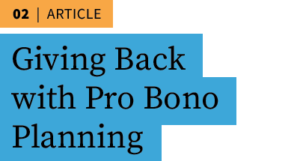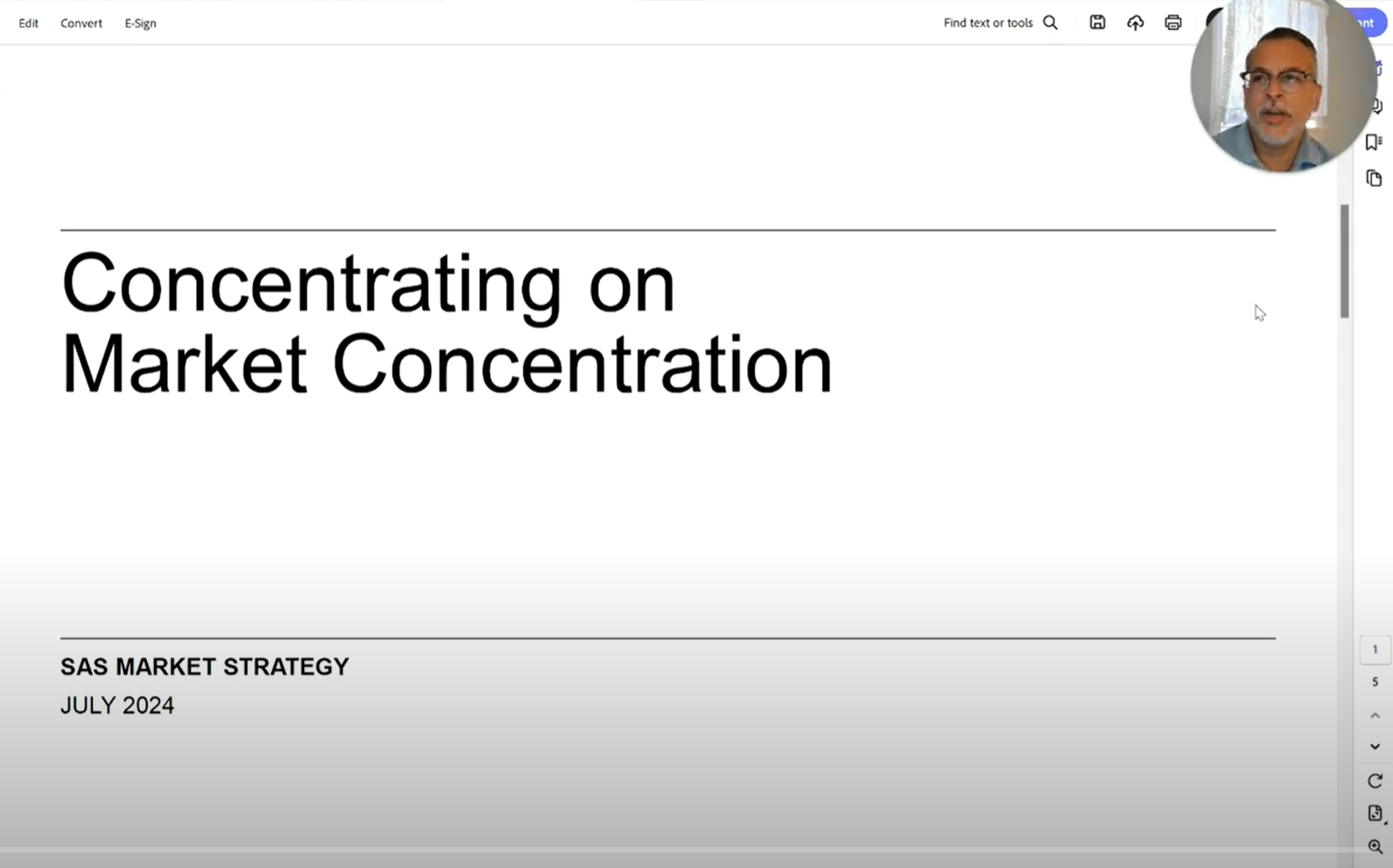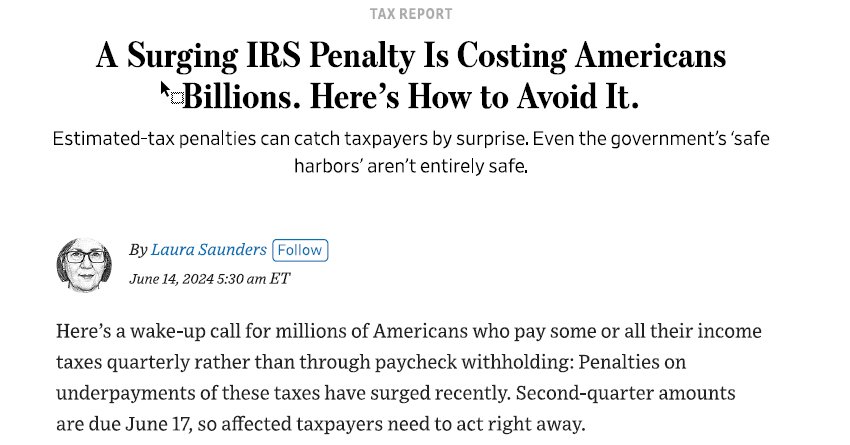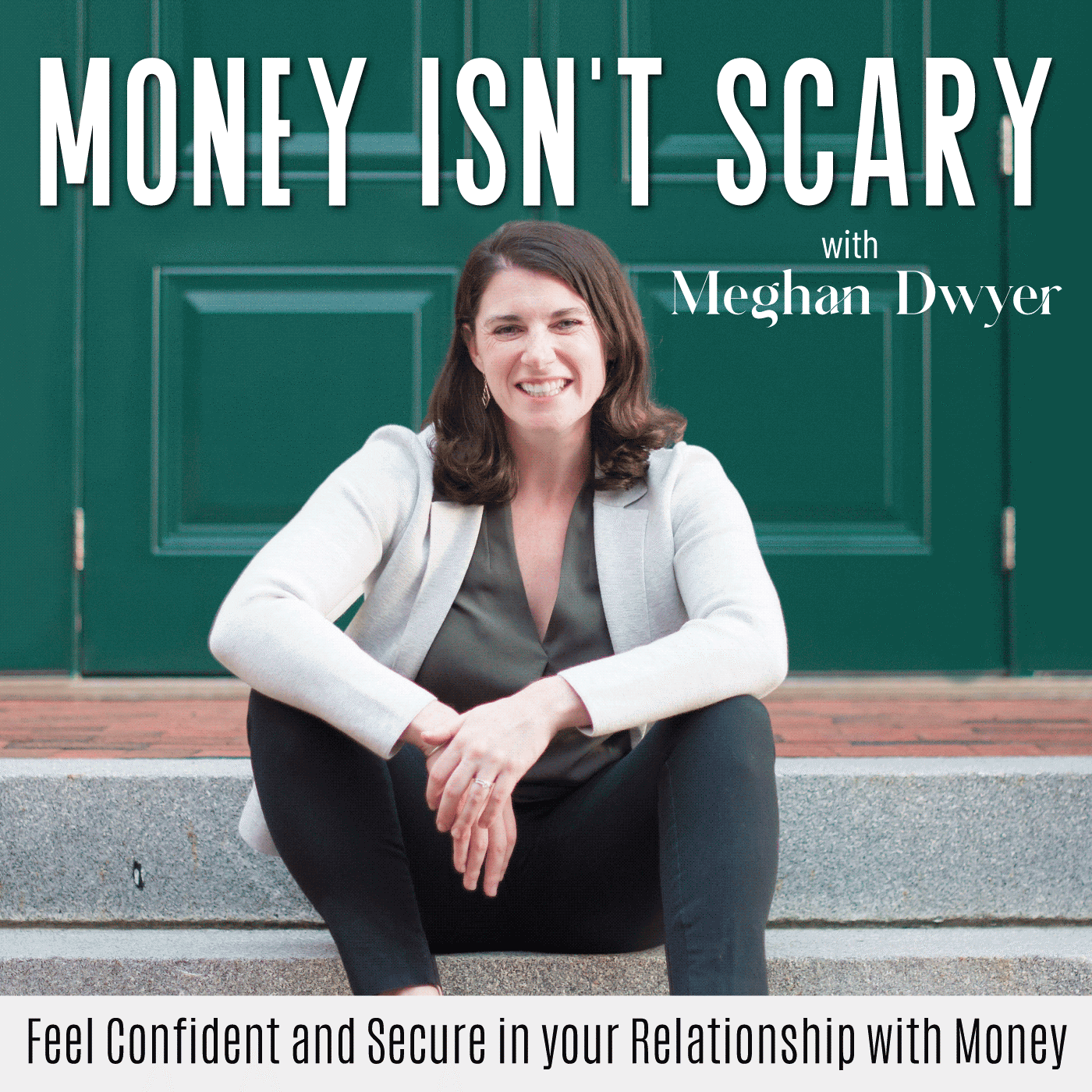In addition to the work we do for our clients at Single Point, I am equally as proud of our team’s commitment to using the knowledge and experience we have as financial planners to give back to those who need advice the most.
We’re honored to be featured in the below article from the Financial Planning Association which highlights how much we have benefited from this work.
Our entire team is committed to providing pro-bono planning support via three great organizations: to Dana Farber patients, via Jewish Vocational Services (JVS), and our newest partnership with Compass Working Capital.
I am thankful and inspired to be surrounded by a team so committed to helping.
From all of us at Single Point, we wish you and your families a Happy Thanksgiving!

Monica Tall
Learning Manager, Financial Planning Association
When Seth Corkin, CFP®, and Travis Kellman, CFP®, started participating in their local FPA chapter’s pro bono programs, they wanted to help guide underserved people through difficult financial situations. But they didn’t expect their mindsets and career paths to change by donating their time.
“It’s ironic that the people who need [planners] the most cannot afford our services on a regular basis,” said Corkin, 30, personal CFO at Single Point Partners in Boston. “The opportunity to give back changed my life in the way I go about my business.”
According to an article in Investment News, written jointly by the CEOs of the organizations of the Financial Planning Coalition (CFP Board, FPA and the National Association of Personal Financial Advisors, NAPFA), “One hallmark of a true profession is the willingness of its practitioners to donate their skills to underserved people who otherwise would not be able to access and benefit from them. Consider the legal, medical and dental professions, which have robust traditions of pro bono service that have helped millions of vulnerable people access justice, health and dental care.”
In the article, the organizations’ CEOs stated that pro bono work “is an important part of elevating and enriching the profession while at the same time helping extend critical services to at-risk Americans in need of quality, objective financial guidance.”
To keep the tradition of pro bono service—which is free, no-strings attached advice and planning for underserved people by CFP® professionals—alive in the financial planning profession, Corkin, Kellman and other FPA members worked an estimated 19,221 hours and assisted an estimated 18,354 underserved individuals in 2018, according to FPA.
Pro Bono Changes Mindsets
Corkin, FPA of Massachusetts 2017 volunteer of the year, entered the profession in 2012 after he became a CERTIFIED FINANCIAL PLANNER™ and started participating in the chapter’s pro bono activities in 2015. He said he wanted to “use this opportunity to give back.”
“Sometimes you lose perspective when working with affluent clients,” Corkin said.
By working with people and families who need pro bono services, his mindset changed from a business person and an adviser to a helper or social worker, Corkin said.
It’s important to go the extra mile and give financial advice and a shoulder to cry on to someone who wants to know when to take their pension or a family that requests resources to care for their child with special needs. The relationships with pro bono clients are more personal because conversations move beyond asset allocation and 401(k) rollovers to financial survival, said Corkin.
“We [planners] are not trained to work with people who are struggling financially,“ said Shaun Erickson, CFP®, 41, chief planning officer at Single Point Partners. “We know what to do when people have $10 million to manage.”
Erickson, FPA of Massachusetts board member and advocacy director, and Corkin met while volunteering for one of the chapter’s pro bono programs.
During the two years of volunteering together, Erickson observed Corkin’s passion for helping pro bono clients and willingness to ask and answer difficult questions while using strong technical skills. He offered Corkin a job at Single Point Partners and Corkin joined the three-person team in 2017, which has grown to a staff of seven people.
“I was able to see how Seth worked with people that aligned with our company’s values,” said Erickson, who started participating in his chapter’s pro bono programs seven years ago after becoming an FPA member. “He’s a great fit for the families that we work with.”
In an environment where planners are providing free, no-strings-attached financial advice, planners can collaborate with each other, making connections that aren’t created by traditional networking or through the interview process, Erickson said.
“We knew what we were getting from Seth from a technical side and firsthand problem-solving side,” said Erickson.
Accelerating Careers Through Volunteerism
Early in Kellman’s 13-year career, he volunteered for programs like the Volunteer Income Tax Assistance (VITA)because he could give his time, not money.
“I always tried to be volunteer-oriented,” said Kellman, 36, partner at Kellman Barnes Financial Planning in Schenectady, N.Y.
He served as the pro bono co-chair of the FPA of Northeastern New York for three years—where he established a pro bono committee and organized the chapter’s first Financial Planning Days event.
Kellman wasn’t seeking to accelerate his career through his volunteerism. It just happened.
One of the pro bono volunteers, Lynn Barnes, CFP®, 61, asked him in May 2018 if he was interested in partnering and being part of her business succession plan.
“He was passionate about being able to give back,” said Barnes, who acquired her father’s firm after earning her CFP® certification in 1990. “And that is something that was engrained in me through my parents.”
Kellman and Barnes share a client-first mentality that united them more than one year ago when they formed Kellman Barnes Financial Planning. This mentality inspires them to engage in their chapter’s pro bono programs and other community volunteer services.
“If I hadn’t been involved with the chapter’s pro bono programs, I wouldn’t have met Travis,” Barnes said. “My clients are thrilled that I have a succession plan. Planners that are my age are jealous because I found the perfect match … I’m busier than I have been in years. Clients are trusting more because of the expertise that Travis provides.”
When Barnes started in the industry, she used a legal pad and pencil. Now she relies on Kellman’s technical expertise. Most of all, she’s confident that he’ll care for her clients because “he has the heart that I have for my clients,” Barnes said.
“If you’re new in your career, [pro bono] is a great opportunity to listen to clients, diagnose and help,” Kellman said. Pro bono service “gives client-facing experience if you don’t get that.”
Barnes added that pro bono service might also lead to a partner opportunity.
Pro bono service can help new planners in a number of ways, including helping those in need, developing confidence and skills, seeing first-hand how financial planning can impact people’s lives and building your network of like-minded professionals.
“Younger advisers would be really surprised at the confidence that they build and coaching skills they develop.” Corkin said.
How to Start
- Call your local FPA chapter and talk to the chapter’s pro bono director. If the chapter doesn’t have a pro bono director, speak with the chapter executive, president or another chapter leader.
- Find out if the chapter provides pro bono activities and/or programs in your community. If there aren’t existing programs, consider volunteering to be a local pro bono director and/or help start a pro bono initiative.
- Complete the Pro Bono Financial Planning Training. Per FPA’s eligibility policy, FPA members need to complete the training to participate in pro bono activities.
- Join FPA Connect “Pro Bono 360”and visit the library folders of information from FPA and its members.
- Review FPA’s pro bono resources and tools.
- Contact FPA’s pro bono director at FPAProBono@OneFPA.orgwith questions and to learn about national pro bono opportunities like the Financial Planning for Cancer Program and Home For Our Troops.














